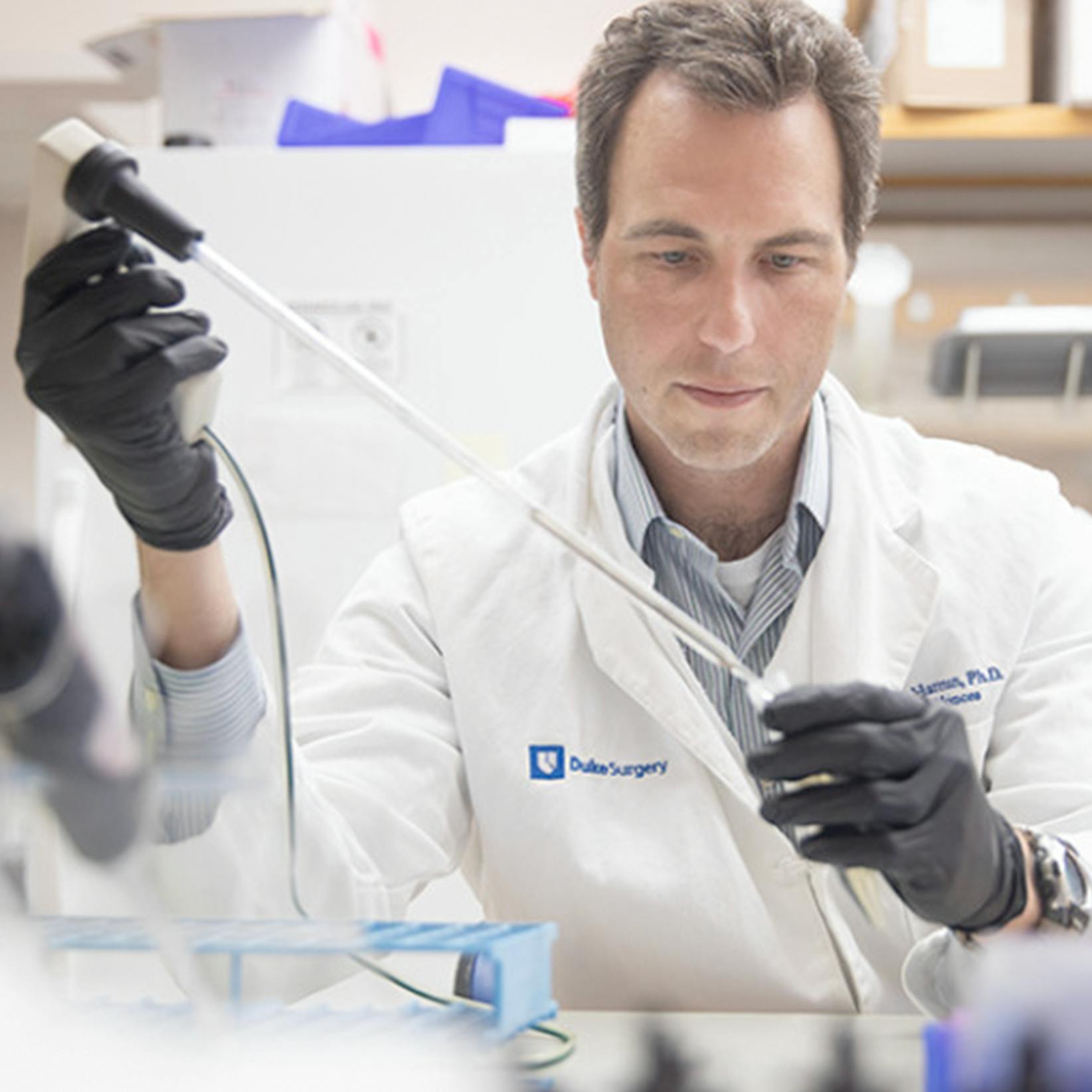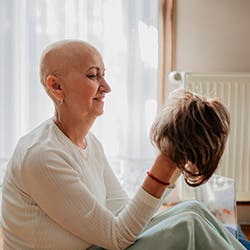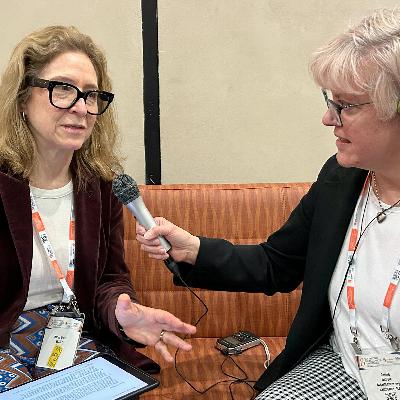
Breastcancer.org Podcast
Author: Breastcancer.org
Subscribed: 83Played: 1,992Description
New episodes publish every other Tuesday at 5 a.m. ET.
Covering everything from the latest breast cancer treatments to the rising costs of care to what it’s like to be diagnosed when you’re pregnant, The Breastcancer.org Podcast explores all things breast cancer. Join host and veteran science reporter Jamie DePolo as she talks to world-renowned oncologists, breast cancer advocates, and everyday people affected by breast cancer. Guests have included oncologists Hope Rugo, Dennis Slamon, and Eleonora Teplinsky, as well as advocates from METAvivor, Breast Cancer Action, SHARE, and GRASP. The Breastcancer.org Podcast is produced by Breastcancer.org, a nonprofit organization dedicated to providing the most reliable and up-to-date information about breast cancer. Learn more about breast cancer and join our community at www.breastcancer.org.
























